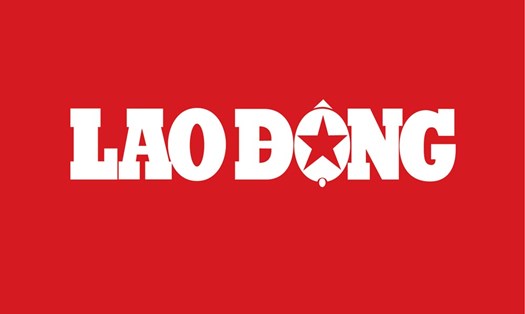On the afternoon of March 10, the National Assembly Standing Committee gave its opinion on the explanation, acceptance, and revision of the draft Law on Special Consumption Tax (amended).
Presenting the report, Chairman of the National Assembly's Economic and Financial Committee (KTTC) Phan Van Mai said that regarding tax rates for hybrid cars, there are opinions suggesting not to discriminate on preferential tax rates between hybrid cars and cars with separate charging systems. Some opinions suggest tax rates for vehicles with external chargers from 70% to 50% compared to internal combustion engine vehicles...
The current law stipulates a preferential tax rate to be applied generally to both domestic and foreign charging vehicles. In practice, there were no problems in applying. Therefore, the Standing Committee of the KTTC Committee proposed to revise the draft Law in the direction of keeping it as prescribed in the current Law to avoid causing difficulties for businesses. Accordingly, tax incentives are provided for gasoline-powered vehicles combined with electricity if they meet the condition that the proportion of gasoline used does not exceed 70% of the energy used.
The drafting agency proposes to keep the Law as in the draft Law because it believes that gasoline-powered vehicles combined with electricity without a separate charging system (HEV) are gasoline-powered vehicles that affect the environment, not "gasoline-powered vehicles combined with electricity" so they are not subject to preferential tax rates.
"The Standing Committee of the KTTC Committee will continue to coordinate with the drafting agency to clarify the current regulations currently applied in practice to vehicles running on gasoline combined with electricity, with separate charging systems and without separate charging systems, clarify policy goals to jointly determine the plan to complete the draft Law," said Mr. Mai.
Regarding the regulations for cargo pick-up cars, according to Mr. Mai, some opinions suggest considering the appropriate roadmap and increase; considering and clarifying the basis for proposing a tax rate of 60% for regular cars,...
The Standing Committee of the KTTC Committee believes that according to current regulations, the special consumption tax (SC) policy for this car line has received much more incentives than other types of cars. However, this is a type of vehicle with a term of use of 25 years, if the special consumption tax rate as in the draft Law is applied, it may greatly affect the production and business activities of enterprises. Therefore, it is recommended to accept the opinion of National Assembly deputies, consider the option of delaying the tax application by 1-2 years compared to the expected time limit in the draft Law or applying according to the roadmap so that businesses have time to adjust their production and business plans.
The Chairman of the National Assembly's KTTC Committee said that double-cabin cargo pick-ups with a carrying capacity of less than 950kg are considered passenger cars and are allowed to participate in urban traffic for the same time and on the same lanes as passenger cars with 9 seats or less. At the same time, according to current regulations on fees and charges, the first registration fee for double-cabin cargo pick-up cars is equal to 60% of the first registration fee for passenger cars with 9 seats or less.
To contribute to ensuring the use of cars that carry both people and goods in accordance with the design goals, limit traffic congestion, avoid taking advantage of policies and ensure fairness, unity, and synchronization between regulations on tax policies and fees and charges, it is recommended to keep them as in the draft Law.











